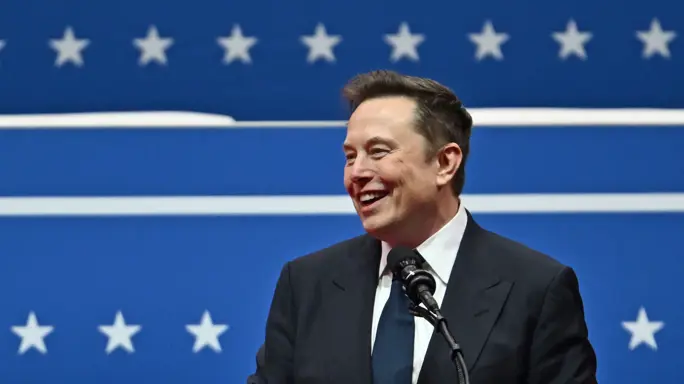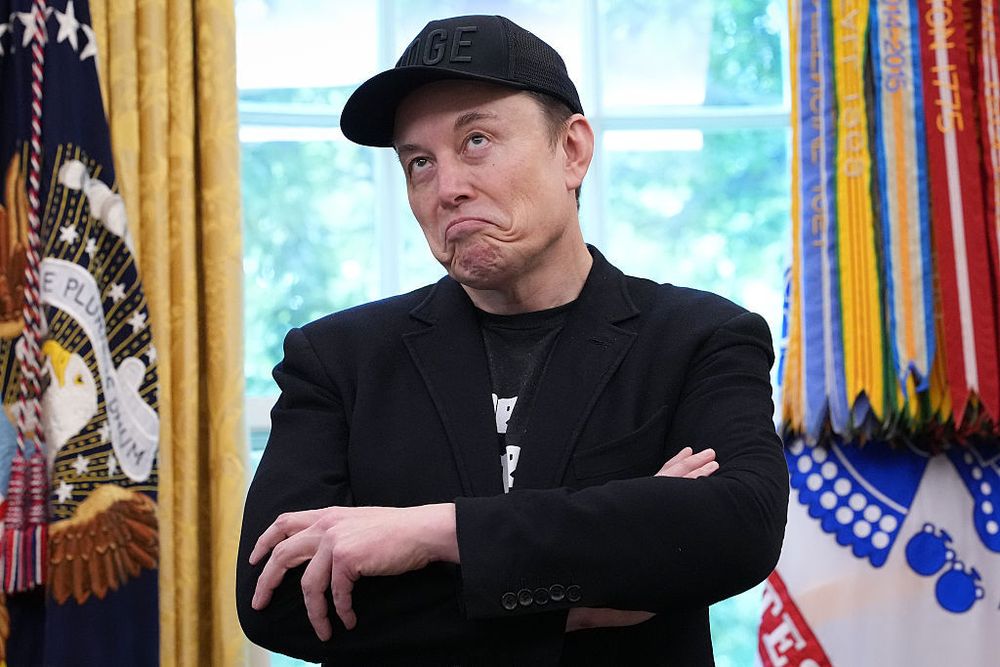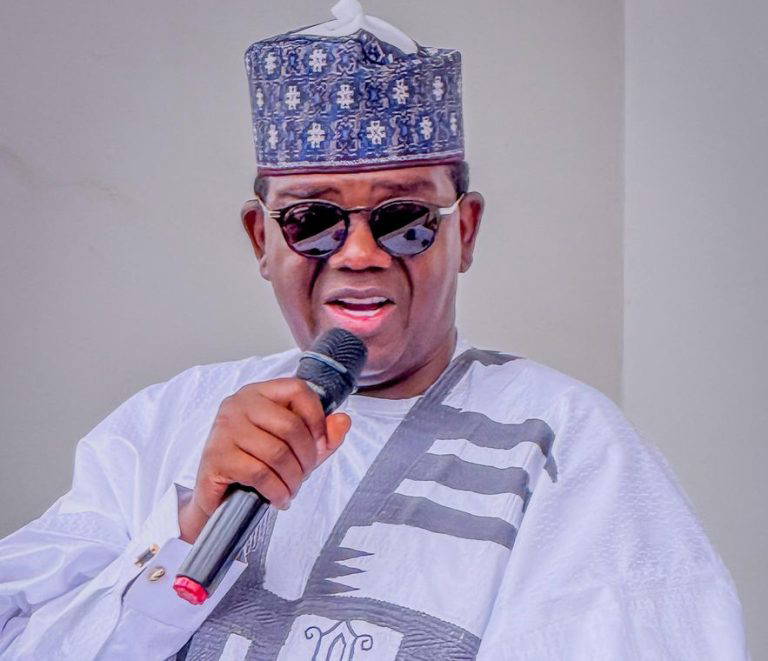Elon Musk has officially launched a new political party, the “America Party,” following through on his earlier suggestion that he might do so if Donald Trump’s controversial “Big, Beautiful Bill” passed. Musk, a consistent critic of the bill, has repeatedly warned that it would severely damage the nation’s long-term stability by adding trillions to the national debt.
The announcement came via a post on Musk’s social media platform, X, the day after Trump signed the bill into law. “By a factor of two to one, you want a new political party and you shall have it!” Musk declared, referencing a poll he had conducted earlier. “When it comes to bankrupting our country with waste and graft, we live in a one-party system, not a democracy. Today, the America Party is formed to give you back your freedom.”
On July 4, Musk had polled his more than 220 million followers, asking if they wanted him to create a new political party. Over 1.2 million people responded, with more than 65% voting in favor. The poll results appear to have solidified his resolve to offer an alternative to the current political structure, which he claims no longer serves the majority of Americans.
According to Musk, the initial strategy for his new party is not to compete on a national scale immediately but to instead target a small number of highly influential congressional races. Specifically, he mentioned a focus on “two or three Senate seats and eight to ten House districts,” enough, in his view, to tip the balance on key votes in Congress and enforce policies that “serve the true will of the people.”
While Musk hasn’t officially outlined the full policy framework of the America Party, his online interactions provide clues. When one follower posted a list of potential platform planks—including reducing the national debt, modernizing the military through AI and robotics, deregulating the energy sector, advancing free speech, encouraging pro-natalist policies, and adopting centrist stances elsewhere—Musk replied with a simple “yeah!” and shared the post with his audience. However, he hasn’t yet provided a detailed plan or formal manifesto for the party.

The creation of the America Party marks a clear rupture in Musk’s once-strong relationship with Donald Trump and the Republican Party. Although he previously supported Democratic candidates, Musk became the largest donor to the GOP in the 2024 election cycle, primarily backing Trump and other conservatives through his America PAC. He even appeared at rallies alongside Trump and took on a high-profile government role as the head of the Department of Governmental Efficiency (DOGE), where he became known for slashing federal jobs in the name of cutting waste.
But the relationship deteriorated dramatically after Musk began speaking out against the spending bill. In an interview with CBS News in May, he commented, “I think a bill can be big or it could be beautiful. But I don’t know if it could be both.” By June, he had grown more aggressive in his opposition, calling the legislation “a disgusting abomination” and urging Americans to pressure their representatives into voting against it. “Call your Senator, call your Congressman… kill the bill!” he wrote.
The feud between Musk and Trump quickly escalated into a public spectacle. Trump reportedly threatened to sever government contracts with Musk’s businesses, including the vital NASA-related work handled by SpaceX. In a particularly pointed exchange with reporters on July 1, Trump was asked whether he intended to deport Musk, who holds citizenship in both the U.S. and South Africa. His reply: “I don’t know, we’ll have to take a look.” He then joked about sending the DOGE agency after Musk, in reference to the federal department Musk had once led.
Despite the dramatic fallout, Musk seems determined to move forward with his political ambitions. He has openly criticized Republican lawmakers who supported the bill, promising that he would campaign against them during the next primary cycle. “Every member of Congress who campaigned on reducing government spending and then immediately voted for the biggest debt increase in history should hang their head in shame!” he posted. “And they will lose their primary next year if it is the last thing I do on this Earth.”
Still, the success of a third-party bid remains uncertain. The American political landscape has long been dominated by the two-party system, and many previous efforts to introduce viable alternatives have floundered. Entrepreneur Andrew Yang, who ran for president in 2020 as a Democrat, later attempted to build momentum for his own Forward Party but struggled to gain widespread traction.

Yang has expressed interest in teaming up with Musk, noting that the billionaire has a unique ability to turn abstract ideas into major successes. “Elon has built world-class companies from nothing more than an idea multiple times,” Yang said in a June interview with Politico. “And in this instance, you have the vast majority of Americans who are hungry for a new approach. I’m happy to spell it out for Elon, or anyone else who wants to head down this road. A third party can succeed very quickly.”
Yet the structural barriers are real. The U.S. Electoral College, which governs presidential elections, operates on a “winner-takes-all” basis in 48 out of 50 states, as well as the District of Columbia. This system heavily disadvantages third-party candidates, even when they have significant popular support. The Tea Party movement, for example, once boasted a solid 24% backing in national polls but struggled to win meaningful power on its own, instead working within the Republican Party.
In this light, Musk’s targeted approach—focusing on a small but potentially pivotal number of congressional races—might be a strategic way to avoid the pitfalls that have defeated other third-party efforts. By winning just enough seats to tip the legislative balance, Musk and the America Party could theoretically hold sway over critical decisions, forcing Democrats and Republicans to negotiate on terms set by his platform.
Source




